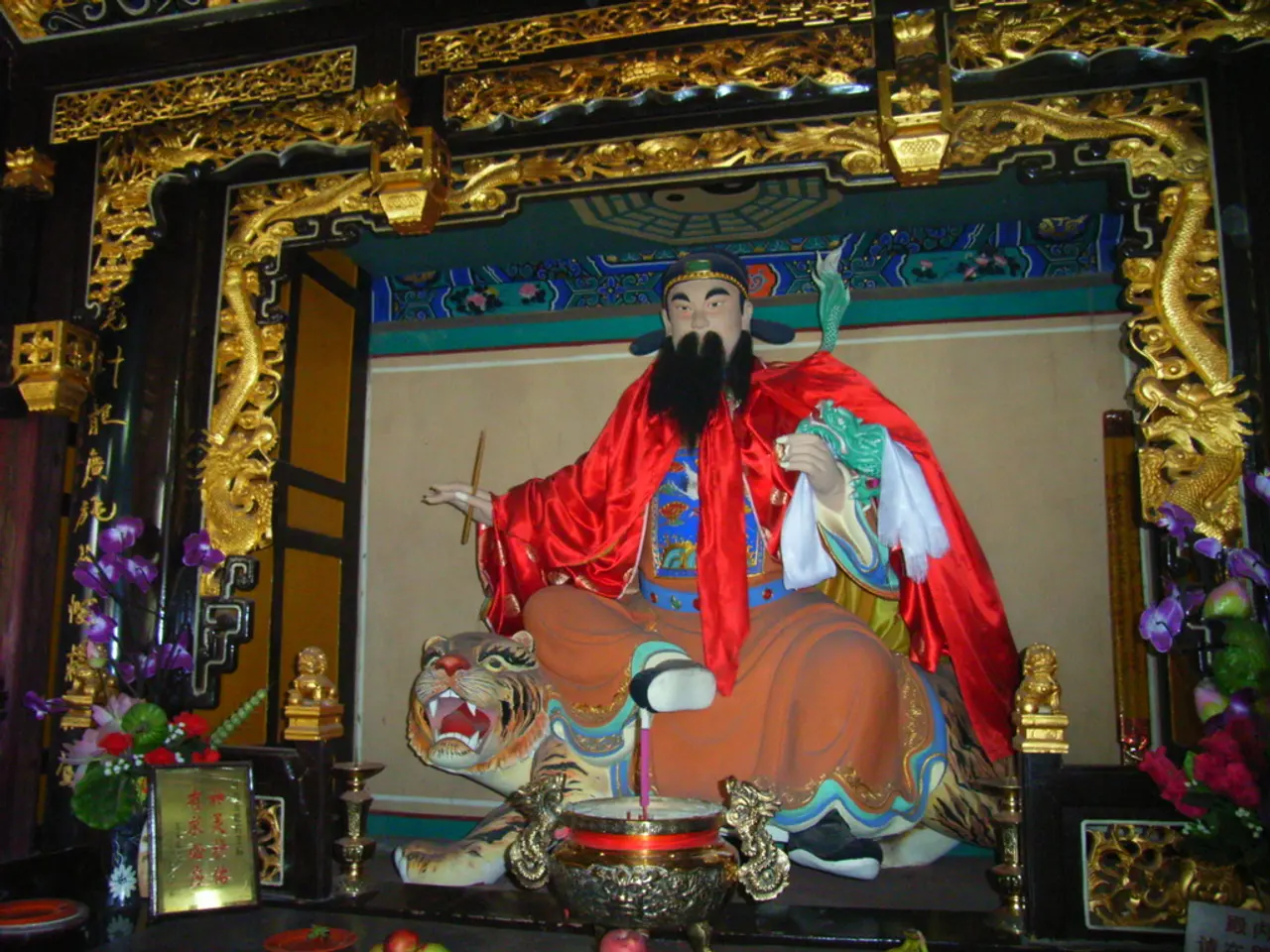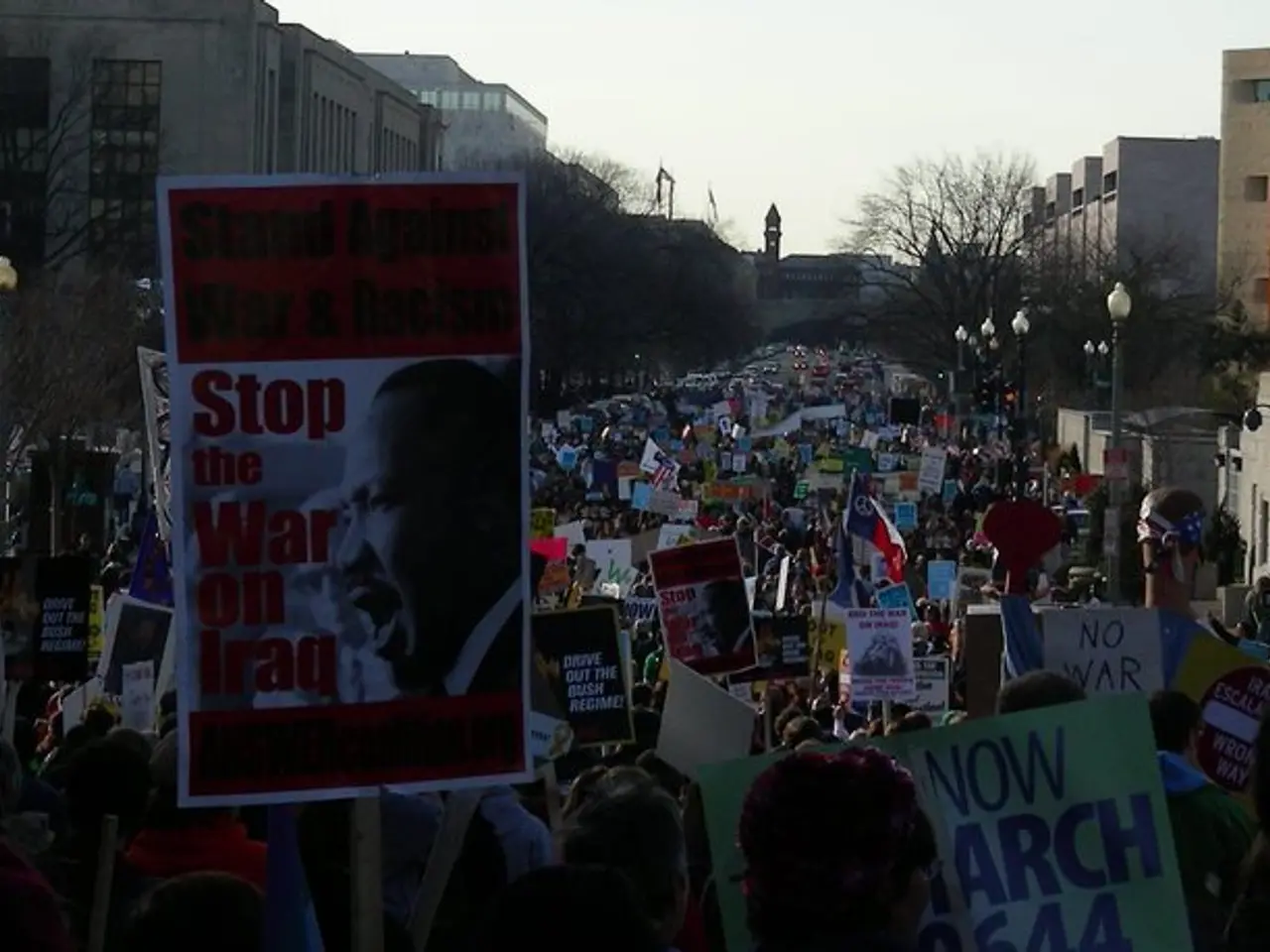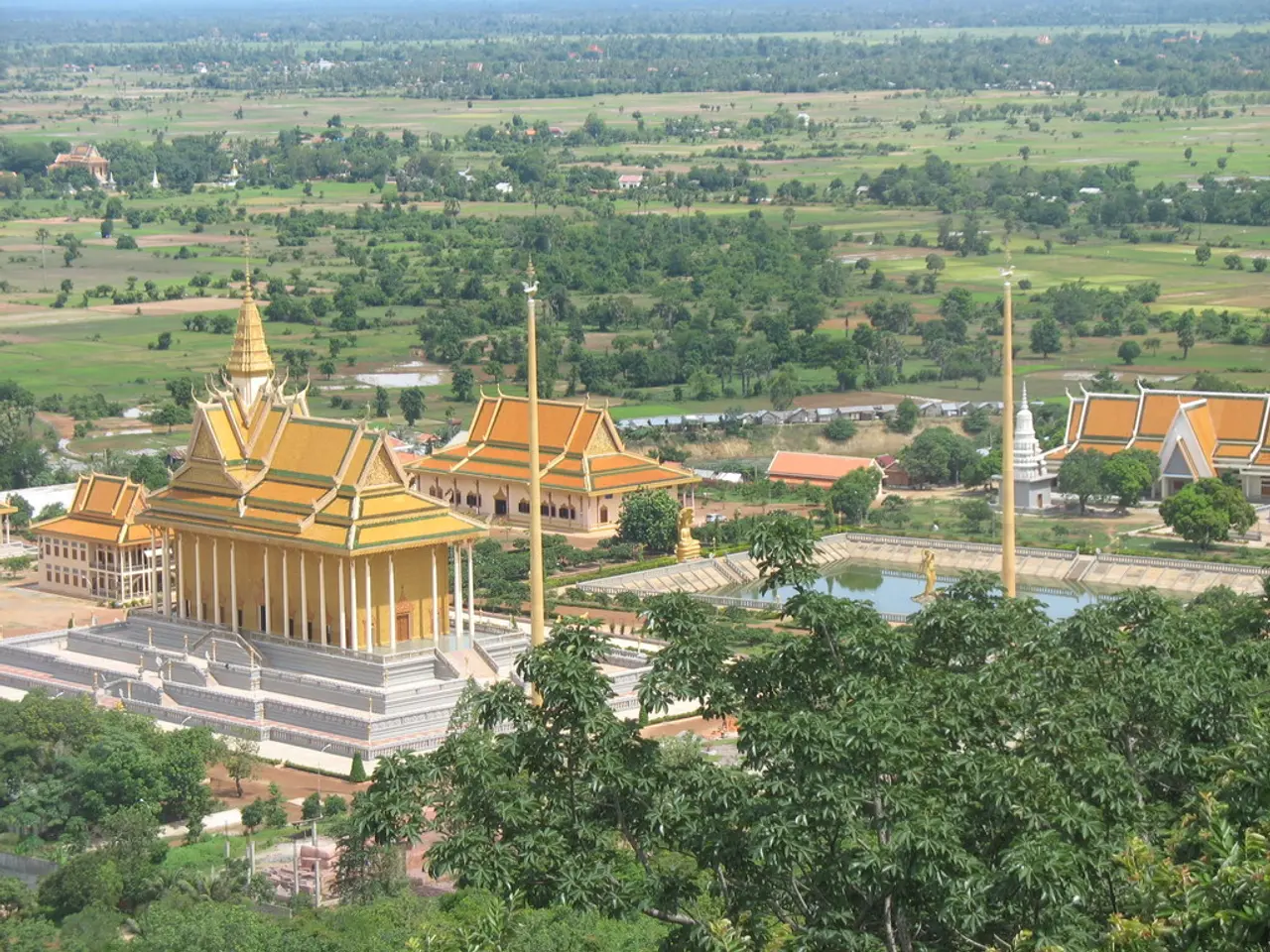Title: Dalai Lama's Successor: Breaking Tradition and Standing Firm Against China
Is it likely that the Dalai Lama will be reborn in a nation that upholds freedom?
Set against the backdrop of his 90th birthday, the Dalai Lama is poised to set the course for Tibet's future, with a much-anticipated video message potentially offering clues to significant religious and political decisions. As timeless spiritual beliefs intertwine with modern political calculations, the question of who will become the next Dalai Lama is anything but routine.
In 1937, the Dalai Lama himself was discovered and recognized as the reincarnation of his predecessor, following ancient Tibetan Buddhist prophecies and omens. These guiding principles, common in Tibetan Buddhism, assist search parties in locating the young soul carrying forth the lineage. In 1933, the 13th Dalai Lama left behind a testament containing hints about his successor, as well as specific omens. For instance, the embalmed head of the 13th Dalai Lama was said to turn towards the east, and there was strong mushroom growth on the east side of his reliquary.
This conjoining of religious practice and political calculation is a recurring theme in the Dalai Lama's life. Born into a large family, his elder brother and youngest brother were both recognized as reincarnations of high lamas. Respect for religious figures shapes the fabric of Tibetan society, and recognized reincarnations are seen as spiritual guides whose words and actions hold great weight.
Meanwhile, clan members provided the current Dalai Lama with support and belonging during his upbringing and education. He recalls regular escapes from the monastic life to spend time with his family, where he relished forbidden foods, such as meat and eggs. His brothers later became part of his advisory team.
Now, as the Dalai Lama prepares to address his successor, political and religious demands once again intertwine. The Dalai Lama has previously stated that if the Tibetans want to preserve the Dalai Lama institution and seek a successor, then the next spiritual leader must be "born in the free world." This statement serves as a veto against a reincarnation recognized by China, aiming to ensure a leader who rejects Chinese sovereignty in Tibet.
But China's tactics have proven formidable. In 1989, after the death of the 10th Panchen Lama, the search for his reincarnation began, resulting in a fracas when China abducted the Tibetan Buddhist community-recognized candidate overnight. The Chinese government then established its own candidate through a lottery system, a move strongly condemned by the Tibetan community.
In response, the Dalai Lama announced that the next Dalai Lama could be an adult rather than a child and might be female. These deviations from tradition could represent a significant shift in the religious institution, ensuring spiritual autonomy for the Tibetans. The indications also send a clear message opposing Chinese claims over Tibetan religious affairs.
The upcoming announcement in early July 2025 serves as a unified stand against Chinese political interference, bringing together leaders of the four main Tibetan Buddhist schools and the exile Tibetan government.
In essence, the Dalai Lama's succession announcement marks a strategic, symbolic move to preserve religious continuity and political autonomy for the Tibetans, potentially redefining Tibetan Buddhist practices and fortifying the Tibetan identity as they navigate ongoing challenges with China.
Sources: ntv.de
- Dalai Lama
- Tibet
- China
- Buddhism
- Religions
The European Union is committed to following the political and general-news developments surrounding the Dalai Lama's successor, as this event has the potential to greatly impact religious and political decisions in Tibet. The ongoing saga of the Dalai Lama's succession serves as a strategic and symbolic move to preserve religious continuity and political autonomy for the Tibetans, intertwining religious practices and political calculations.








